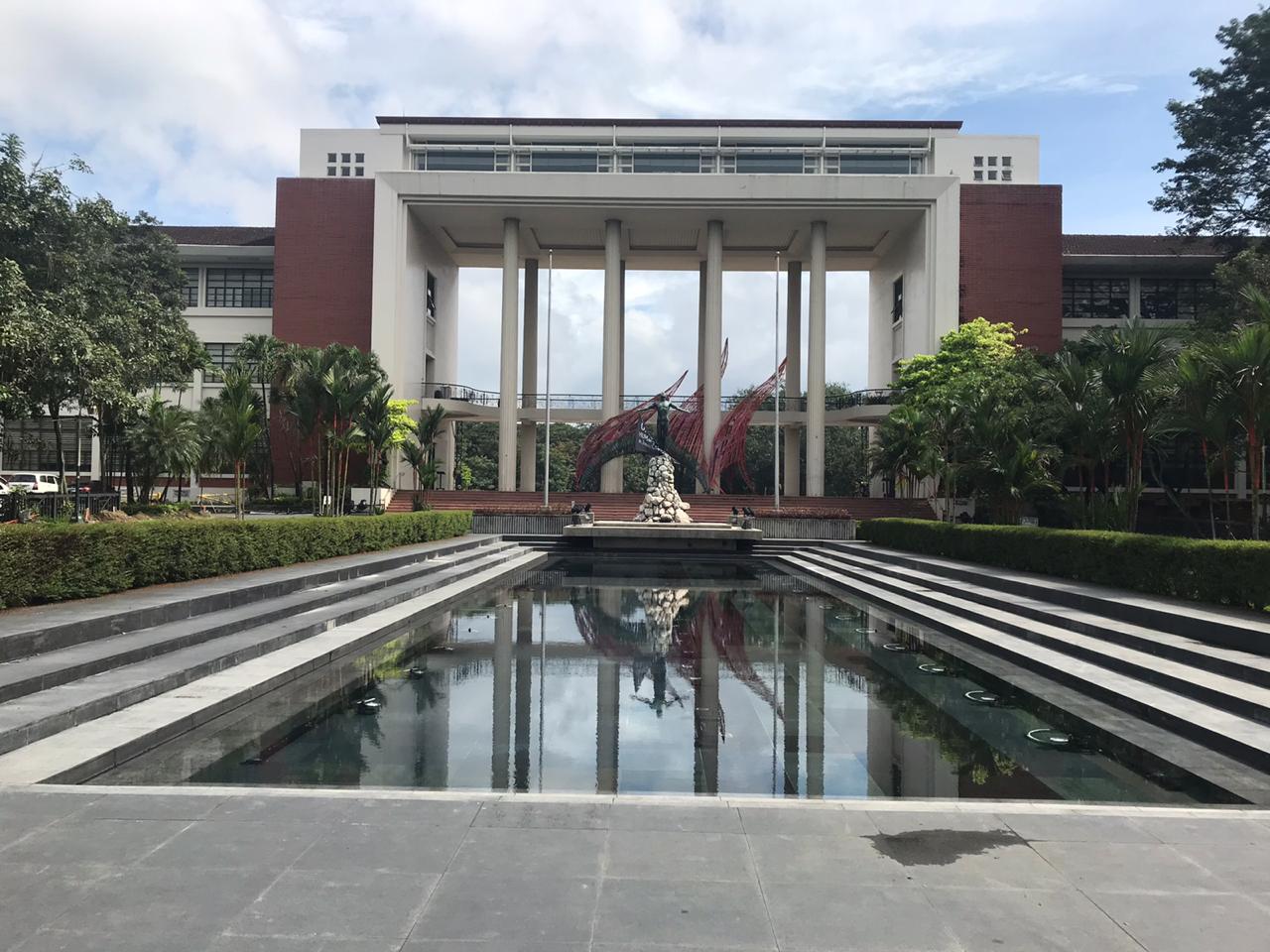UP dives in Asian university rankings

FILE PHOTO: Facade of the University of the Philippines in Diliman, Quezon City. Photo by Evangeline Valderrama
The University of the Philippines (UP), the country’s premier state university, dropped further in this year’s Asian university rankings published by a United Kingdom-based higher education magazine, ending up in 129th place from its previous ranking of 84th.
Along with De La Salle University that remained in the 401 to 500 bracket, they were the only two Philippine universities that made it to the Times Higher Education (THE) Asian Rankings 2022, which evaluated 616 higher education institutions from 31 Asian territories.
Ateneo de Manila University was listed as a “reporter,” indicating that it was an active participant in the rankings process although it did not meet the eligibility criteria.
In 2020, UP rose by 30 points to 65th place, up from its previous rank of 95th in 2019, the first time it entered the top 100.
THE said its Asia University Rankings used the calibrated performance indicators as the world university rankings, “but they are recalibrated to reflect the attributes of Asia’s institutions.”
Among the factors considered in the evaluation of higher education institutions were the schools’ learning environment, research, citations, international outlook and industry income.
UP’s overall score this year dropped to 40.7 based on the performance indicator, compared to 43.9 in 2021.
Tsinghua University from China retained the No. 1 spot in the ranking, followed by Peking University and National University of Singapore.
The University of Hongkong ranked fourth, followed by Nanyang Technology University Singapore, University of Tokyo, Chinese University of Hong Kong, Seoul National University, Hong Kong University of Science and Technology and Fudan University.
In an interview with ABS-CBN last May, Commission on Higher Education Chair Prospero de Vera said the international rankings help enhance the reputation of universities and identify their “weaknesses.”
These assessments, he added, also pave the way for internationalization and make it easier for higher education institutions to collaborate with schools and universities in other countries.